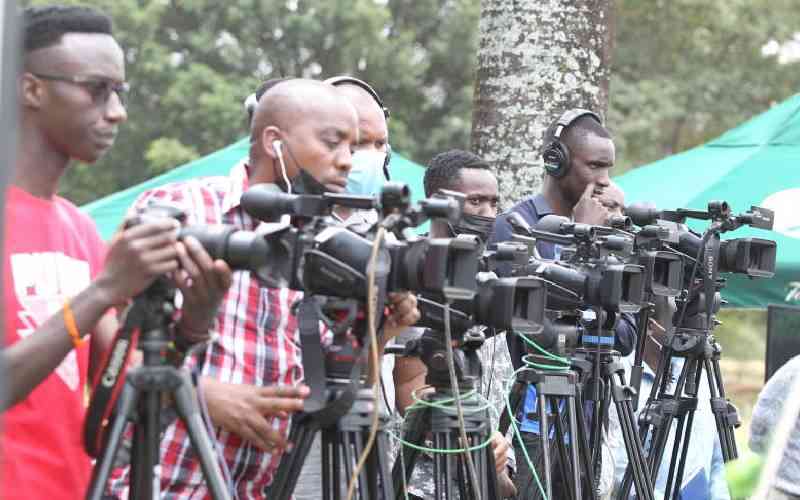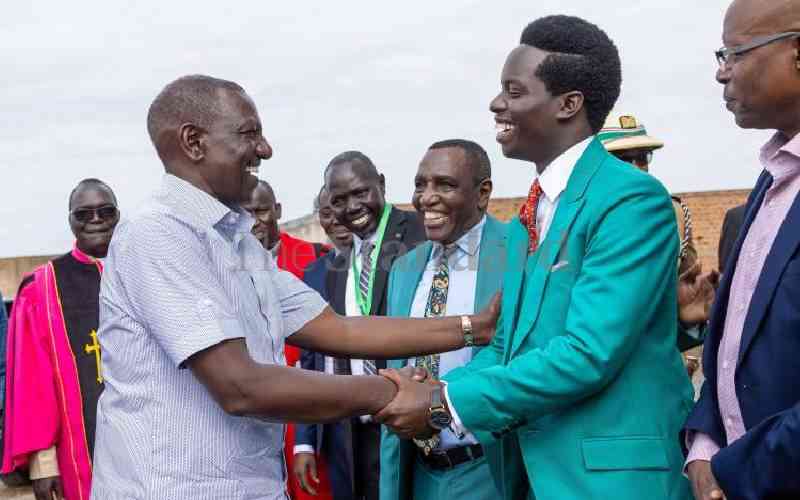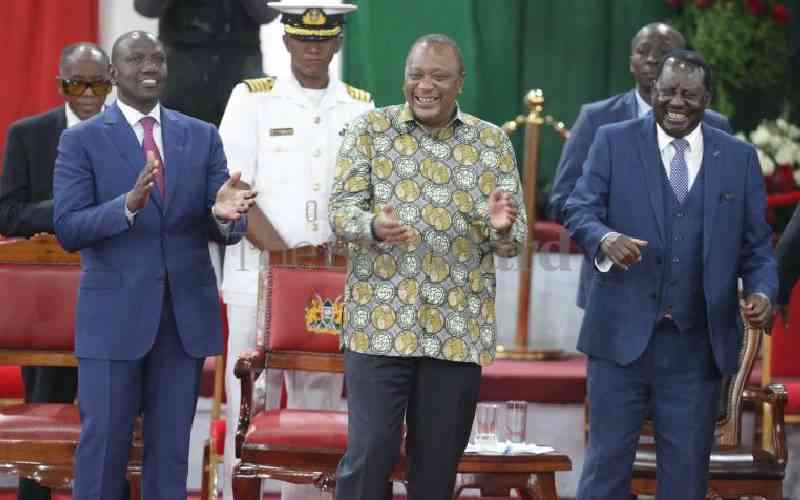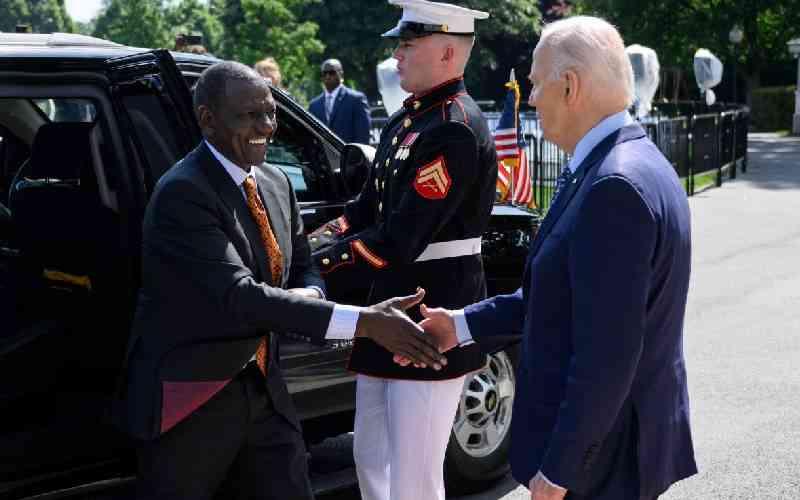Nairobi, Kenya: Media practitioners who have little or no training in journalism form 85 per cent of complaints received by the Media Council of Kenya (MCK), a report released by the council has revealed.
The report titled Assessing the Application of Ethical Standards and Professionalism in Talk Radio in Kenya revealed that a majority of Kenyans feel that the problem of obscenity on radio talk shows exists because of the uncontrolled interventions from callers.
MCK Chief Executive Officer Haron Mwangi said most radio hosts on talk shows are rarely in control of the discussions and these often spiral out of control.
“MCK has in the recent past received numerous complaints regarding the ethics and professionalism of radio talk shows. Of particular concern has been the quality of moderation, caller comments and inappropriate topical discussions, especially during the morning call-in programmes,” he said.
He said despite the interventions made by the council, a broadcasting code of ethics should be established to regulate content that is aired by radio stations.
“We have gone to the extent of imposing fines on some of the radio stations that have violated the code of conduct through their talk shows but it has done little to help the situation,” he said.
Mwangi warned radio stations airing programmes loaded with race, religion and/or ethnic stereotypes and are disrespectful of sexual orientation, saying stringent actions will be taken against them.
Reckless commentaries
“Most of the complaints we have received touch on the inappropriateness of topics, invective, unverified and reckless commentaries from callers and guests, and inability of hosts to moderate and control discussions,” he said.
He said with the imminent digital migration, obscene airing was bound to get worse due to lack of content and increased competition. To help curb unprofessionalism and lack of training of media practitioners, MCK is planning to launch a programme introducing a standard curriculum for all accredited media institutions.
The report further reveals that some callers and participants get paid to express sensationalists’ sentiments about controversial issues to generate debate and interest.
According to the report, proliferation of radio stations in Kenya coupled with the fight for wider audience based and attendant revenue share has further promoted the growth of talk shows.
These institutions will be forced to have all the qualifications inclusive of a well-equipped studio in order to be accredited.
The Council is also planning to introduce a scorecard policy that will rate the performance of all media houses. These ratings will then be distributed to advertisers who will use the information to decide which media houses to work with.
Some of the recommendations made by MCK in the report include, training of talented and celebrity co-hosts who do not have journalistic training by respective media stations, adherence to professional code of conduct by Radio stations, callers to be discouraged from using vulgar language that may create ethnic profiling among others.
Stay informed. Subscribe to our newsletter
 The Standard Group Plc is a
multi-media organization with investments in media platforms spanning newspaper
print operations, television, radio broadcasting, digital and online services. The
Standard Group is recognized as a leading multi-media house in Kenya with a key
influence in matters of national and international interest.
The Standard Group Plc is a
multi-media organization with investments in media platforms spanning newspaper
print operations, television, radio broadcasting, digital and online services. The
Standard Group is recognized as a leading multi-media house in Kenya with a key
influence in matters of national and international interest.
 The Standard Group Plc is a
multi-media organization with investments in media platforms spanning newspaper
print operations, television, radio broadcasting, digital and online services. The
Standard Group is recognized as a leading multi-media house in Kenya with a key
influence in matters of national and international interest.
The Standard Group Plc is a
multi-media organization with investments in media platforms spanning newspaper
print operations, television, radio broadcasting, digital and online services. The
Standard Group is recognized as a leading multi-media house in Kenya with a key
influence in matters of national and international interest.








